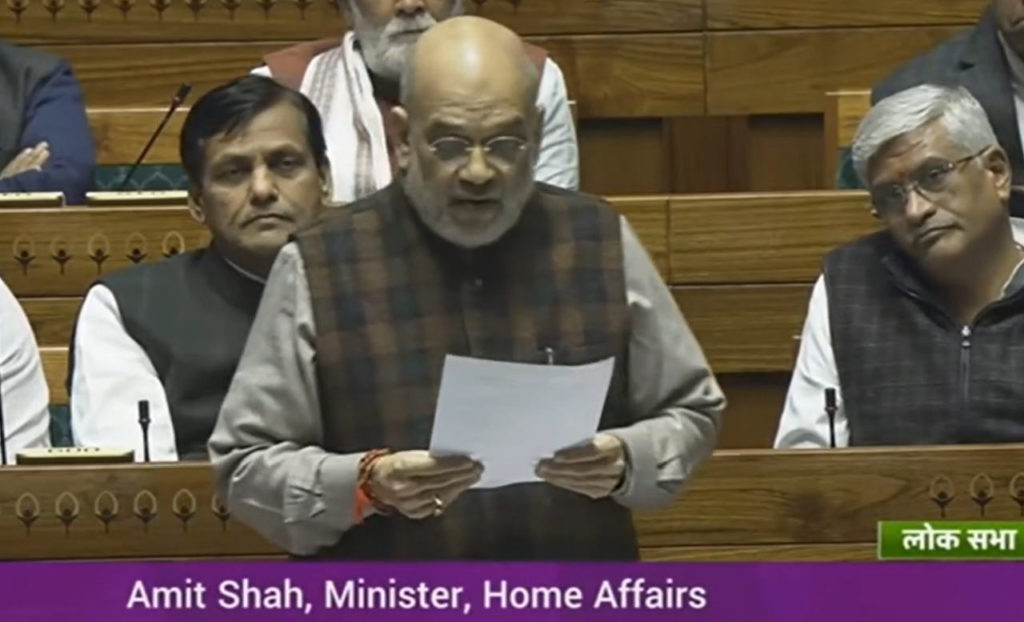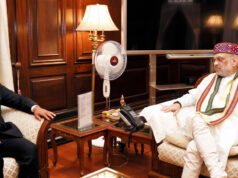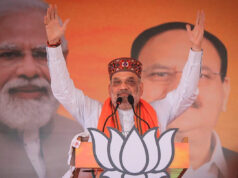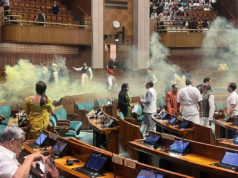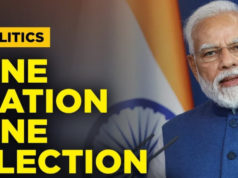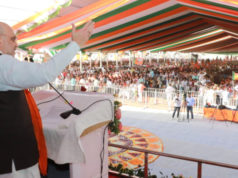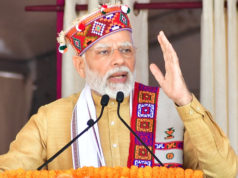New criminal laws to replace IPC, CrPC, and Indian Evidence Act; seek to establish justice system based on Indian thinking, says Amit Shah
New Delhi – In a historic move, the Lok Sabha, India’s lower house of Parliament, passed three crucial bills on Wednesday aimed at replacing the archaic colonial-era criminal laws. The Bharatiya Nyaya (Second) Sanhita, Bharatiya Nagarik Suraksha (Second) Sanhita, and the Bharatiya Sakshya (Second) Bill were approved by voice vote, marking a significant shift towards a justice system grounded in Indian ideals.
The bills, introduced by Union Home Minister Amit Shah last week, are set to replace the Indian Penal Code-1860, the Code of Criminal Procedure Act-1898, and the Indian Evidence Act of 1872, respectively. Shah, while addressing the Lok Sabha, emphasized that these bills were a result of extensive consultations and meticulous scrutiny, assuring the lawmakers that he had personally examined every detail before presenting them for approval.
The passage of these bills comes amid the suspension of 97 Opposition MPs in the Lok Sabha, bringing the total number of suspended opposition members across both Houses to 143. Despite the political climate, the government moved forward with its legislative agenda, highlighting the significance of the proposed changes to the criminal justice system.
During the debate on the bills, Amit Shah underscored that the current criminal laws were rooted in a colonial mindset, primarily focused on punishment rather than justice. He argued that the new legislation aims to break free from this colonial legacy, creating a justice system that aligns with Indian values.
“The three new bills seek to establish a justice system based on Indian thinking… The three proposed criminal laws will free people from the colonial mindset and its symbols,” Shah declared, addressing concerns about the need for legal reforms that reflect contemporary societal values.
The move has sparked mixed reactions, with supporters praising the government’s commitment to modernize the legal framework, while critics express concerns about potential gaps in the new laws and the swift passage amid opposition turmoil. As the bills move to the upper house for consideration, the nation awaits further deliberation on this significant shift in India’s legal landscape.


